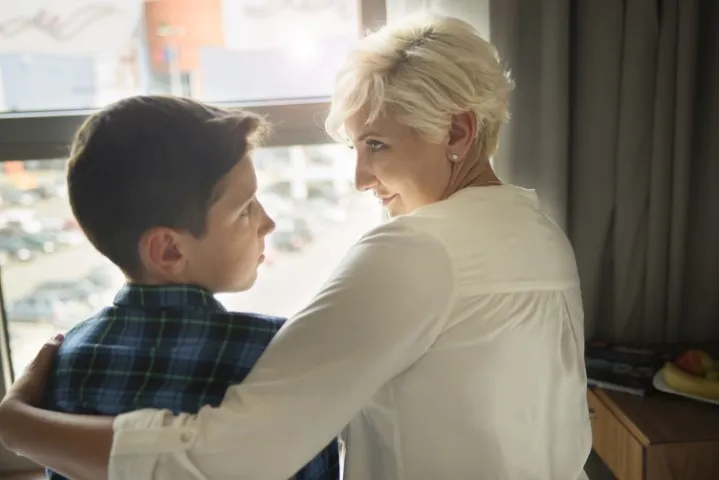Respite
Respite fostering involves caring for a child on a short-term basis. This usually is overnight, over a weekend, week, or fortnight.


Respite fostering
Foster carers who do respite fostering usually care for children already staying with other foster carers. As a respite foster carer, you will join our local network of carers offering support to our foster carers when they need it most.
All our foster carers are entitled to a 14-day respite allowance should they need it, so specialist respite carers are needed just as much as foster carers.
Read foster carer Halima and Adam's story...
"Respite worked very well originally because I guess we saw ourselves providing this intense, fun, almost holiday experiences, being able to build significant memories for these children. We would have a weekend or week and, it would be a holiday and that was what we felt comfortable with".
Read more here

Other types of fostering

Disability
The basis of fostering children with disabilities is the same as every other; to provide a safe, loving home for a young person.

Therapeutic
Therapeutic fostering is specialised for children and young people who endured trauma before being placed in care.

Permanence
Permanence is long-term planning for a child or young person’s upbringing. The aim is to offer children a secure, stable, and loving home to last through childhood and beyond, providing a sense of security, continuity, commitment, identity, and belonging.



